In a binder on a bookshelf in my basement, I have about a three-inch-thick stack of psalms, Gospel verses, and new plainsong settings from my years singing with the Choir of the National Shrine under Leo Nestor. On any given Sunday, he would dash off these one-off pieces of music in his elegant and mostly-legible manuscript, and hand them to the choir and cantors. We were lucky to get a single read-through before we had to sing them for liturgy, and it was expected to be perfect—not just notes and words, but musicality and phrasing and good breath support. These were added to the two anthems and choral Ordinary we sang every Sunday. There was one rehearsal during the week, a warm-up on Sunday, and little repeated repertoire throughout the year. My first month with that chorus was the most extreme sight-reading boot camp I could have imagined. However good I thought I was when I got there, I quickly realized how high the bar could actually be.
And over time, surrounded by some of the most gifted musicians I have ever had the privilege of singing with, under the baton of a gifted and committed shepherd, I learned how to rise to that bar. That rehearsal space became my first real classroom for learning about the skill and art of choral music, the marriage of craft and love and intense focus, the glory that could be created by a group of people all working together to create beauty.
The Shrine was my classroom; Leo was our teacher. He was director, composer, conductor, martinet, dispenser of the most eloquently crafted criticisms I had ever known before or since, theologian…others can add to the list, which could go on for pages. But first and foremost, and years before professorship was officially conferred on him by Catholic University, he was my professor, my teacher, and that is how I remember him.
When I started undergraduate studies at Catholic University as a piano major, I had no idea that “professional choral singer” was even a Thing. I knew I loved to sing, and I knew I could sight read, but my high school choral experience had been…well, we’ll just say it was pretty negative and leave it at that. But for whatever reason, I decided to audition for the choir of the National Shrine of the Immaculate Conception right next to the music school. (At the time, it was not a Basilica yet.) I was incredibly young, incredibly green, and I knew almost nothing. I remember, when I went in for my audition, that Dr. Nestor was nothing like I thought he would be, and I remember that I was terrified. I remember he was younger than I’d expected (I had of course assumed he would be ancient, because choir directors in cathedrals were always ancient, at least in the mind of a 17-year-old), and that he had the razor-sharp look in his eyes that you sometimes see in the eyes of your best professors, the ones who don’t miss a thing. I remember that he was basically very kind to a terrified freshman who had no idea what she was doing there. He handed me I think a Palestrina motet and told me to sing the alto part, while he sat at the piano and played the other three parts. I made a mistake in the first few bars, stopped and apologized, and assumed we would stop and go back…but he just kept playing. I jumped back in and finished the piece with him. Once I forgot to be terrified and just read what was on the page, I did fine. I guess. In any case, he let me into the group.
Over the next four years that choir was the primary locus for my musical growth. I say that not to diminish what I was also learning next door in the actual educational institution I was enrolled in, but this was where I got to experience what I was learning in real life—when I studied renaissance counterpoint in class, I came to Leo’s choir and sang Palestrina and Marenzio and Morales and Hassler…when I studied the Well-Tempered Clavier in my lessons, I would at the same time be singing movements from Bach cantatas or motets. That ensemble was better than any history of choral music literature course I could ever have taken. (And, as I have said, all the music-making was at an extremely high level, from the first downbeat. If one dared to make a mistake even on the read-through, one quickly learned to stop the wrong note before it actually came out, or preemptively silence the misplaced consonant. If one dared to make a mistake on the second or third time through, then God help one.)
But most of all, this choir was where I first discovered the art and craft of the choral conductor—it was the first time in my life I got to sing under a musician who took it as a given that we knew what we were doing, and who saw his role as infinitely more than a traffic cop or time keeper; he gathered up the music inside of him, his mind and heart and inner ear, and let it flow out of his body to his ensemble, and received our singing back through himself to those who were listening. It was the first time it occurred to me that a conductor’s “communication” could be more than a system of direct signs expressing a distinct reality about when to start and when to stop and how loud or soft or smooth or articulated we should sing–rather than communication, what Leo gave us was communion, hearts and minds and brains moving and making music together. It was when I realized that one could catch a suspension with a pinky finger and stretch it gently to resolution over the bar line, or that an isolated syncopation in the tenor part could be carried in the tiniest twitch of a shoulder or collar bone. And it was where I realized, with a surety I rarely felt before or since, that that was what I wanted to do.
I have been reading some lovely tributes to Leo over the past few days, memories and stories and accountings of many of the amazing things he accomplished in his life. The man was brilliant—not just musically, but in a whole-brain sort of way. His command of language was sharp as a scalpel and often wicked. Even when he was dressing down a choir—some might say, especially then—he put words together with an elegance and verbal acuity the like of which I have never encountered before or since. Most who know of his musicianship know him as a composer, and he leaves behind a body of work that I hope will remain in the repertoire and continue to be sung, early and often. And obviously most of those tributes come from the many who knew him much better than I did, on many levels. I had already left Washington for Chicago when he began teaching at Catholic University; I never got to know Leo the professor, or watch him grow into and live that identity. But those of us who sang for him, especially over time and years, knew a part of him that could never be communicated another way. There is a vulnerability, an intimacy, when you stand in front of a group of singers and generate music-making, in which you let yourself be known and seen, and Leo taught me that too.
I am a conductor now, and a teacher of conductors. My gestures, which for so many years looked a lot like Leo’s, have settled into their own shape and style, though I still occasionally feel my pinky finger catch hold of a particularly lovely 4-3 suspension or become aware of myself choosing from among the dozen or more options I picked up from him for indicating a cut-off or release. My gratitude for all the wonderful teachers I have worked with in the years since Leo helped me with my first grad school auditions (I basically followed him around like an eager puppy and asked endless questions until I think he started giving me unofficial 5-10 minute conducting technique lessons in self-defense) is immense, and I have been incredibly fortunate. But my first and most important conductor-learning came from him.
Monday morning on my Facebook page, I posted the following:
Many of us, if we were lucky, had a First Teacher, the one who opened that first window, who let us feel that first breeze, smell the air for the first time, who pointed us to the door and handed us a key and said, “Go on, there’s stuff for you to do out here.” And smiled as they watched you open it, step out, and take flight.
We lost mine yesterday. Ruhe sanft, Leo.💔
Eternal rest grant your servant, O Lord, and let perpetual light shine upon him.
–Jennifer
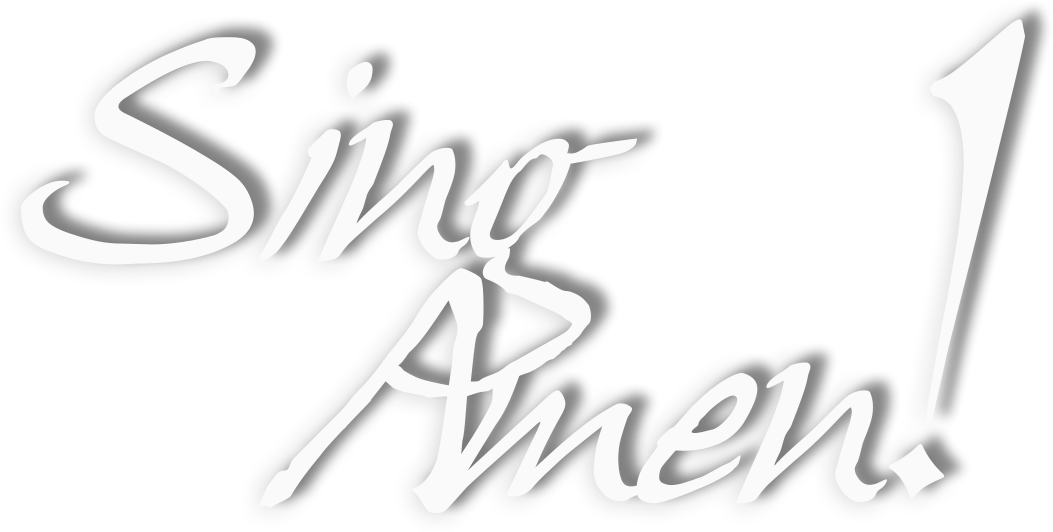
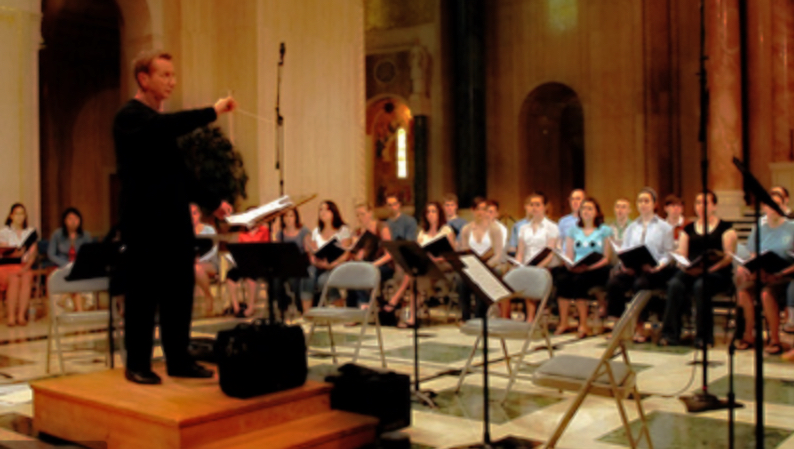

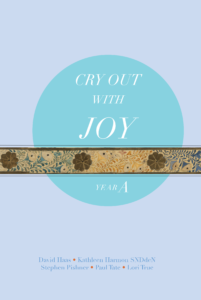
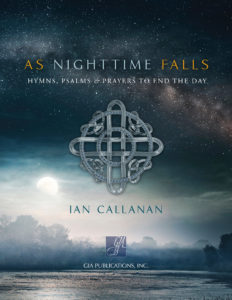
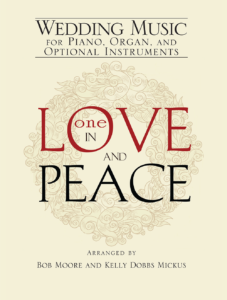
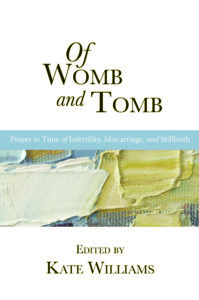
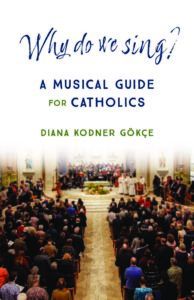
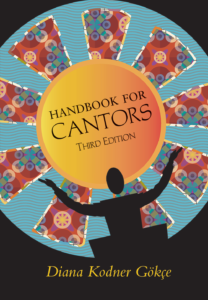
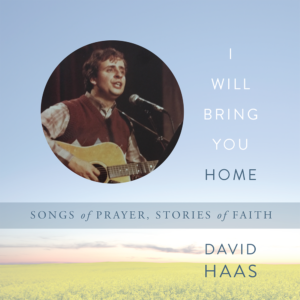
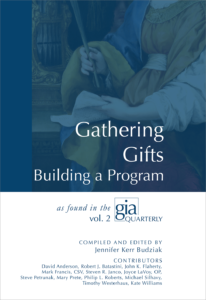
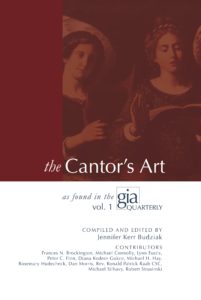
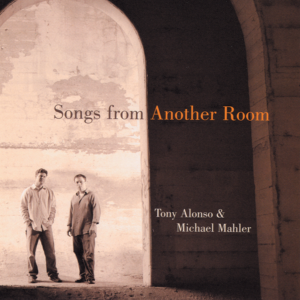
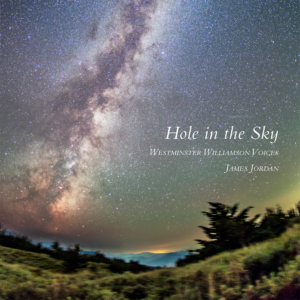
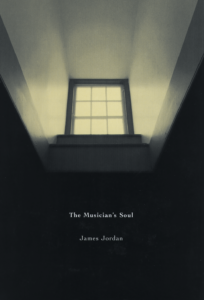

My dear Jennifer – your words have captured some of the most important years of my life as a musician. As I’ve wept over the last few days, I have also come to realize just how lucky we have all been in having Leo as a teacher and friend. Thank you for this eloquent and lovely tribute – Mark
Leo knew that stories are an important part of how we pass on wisdom. Storytelling is an inherent part of our identity as Church. He would be delighted to know that his stories live on into the near and far-off future…not just for the preservation of his legacy, but in some way for the edification of the Church. As we have done from the beginning with our blessed ones, please comfort one another with stories.
“Their bodies are peacefully laid away, but their name lives on and on.
At gatherings their wisdom is retold, and the assembly proclaims their praise.”
-Sirach 44: 14-15
Bravo, Jennifer! The good doctor must be smiling at how well you have embodied his lessons!
Excellent article! Forgive my rambling here, but you captured the essence of Leo Nestor’s greatest gift to the world: that his soul was so intricately woven into his music and his craft that what he created was a true marriage of his inner being, his brilliance and all that he was — with and through his soul. Often when he was conducting the Chamber Choir – (that I was privileged to sing with as an non-traditional student -i.e. older person in my early 50’s) I would be so moved by his facial expressions as he allowed the music to flow through him —-that often I would be momentarily choked up – which sometimes caught in my throat. Obviously this had to be controlled, lest I miss a cue and feel the wrath of Leo! But there was no mistake – at times I “swore” that I could see his soul through the fabric of the music that he was weaving. His soul was naked before us and he demanded, asked and sought ours in return. And in that beautiful reflection of pure musical communion – there you could find God in His mysterious beauty, generous glory and undying love. Leo Nestor gave us the most precious gift of all – that transcendent beauty which allows us mere mortals to touch the face of God. I will be forever grateful to him – and we will never forget him. ❤️ PS – I still have all my Chamber Choir binders too.
Thank you, Susan, for this beautiful tribute! He was an amazing human…
Jennifer, your tribute to Leo is so beautifully and perfectly scribed. I enjoyed and related to every word of it. Thank you for putting into words so much of what I and many others felt, Singers who had the privilege of learning under and working with Leo all the while calling him friend.
Jennifer … thanks for sharing a most touching remembrance. I remember your days with LCN and the choir quite well. Leo loved his “baby conductors” … not long ago, in a conversation, he mentioned your early days with him and your accomplishments since. Every mentor, teacher delights in passing on the tradition, the “secrets” of the craft … the gift … to their students. Leo was one such mentor/teacher. He reveled in teaching his art, his craft … as well as practicing it. He will be missed … but definitely not forgotten … his music as well as the famed “Nestor-isms” will continue to be sung and shared.
Thanks again for your posting …
Gerre Rohling
Washington DC
How beautiful a tribute! I never knew Leo from inside the choir as you did, but I did experience seeing him in action—mostly, but not entirely, as he conducted my music.
And as an outsider to the choral world, I can objectively say, “That sound! That incredibly beautiful sound that he knew how to get from his singers!” I just wanted to have my ears and my soul bathed in that sound forever.
This is a true view of what we saw and experienced of Leo. He did set a very high bar that sometimes seemed impossible. Yet he was brilliant and knew what needed to be done, so he pushed us to achieve and perform nothing less the best.
I recently learned that Dr. Nestor passed away. I had the privilege and honor of singing with the National Shrines Choir under Dr. Nestor in the late 80’s. I was amazed at his incredible wealth of knowledge of the liturgy and every aspect of music. What a phenomenal conductor, musician and composer, to name a few of his many talents. I will forever honor his memory and cherish so much that I learned from him. In God’s kingdom “A Child Is Born”. Ron Brown